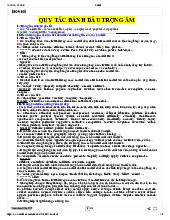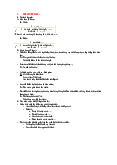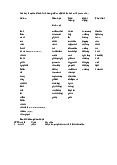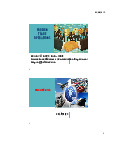
Preview text:
1. "The British Government" can be understood broadly as the entire
system of governance in the United Kingdom, including its legislative,
executive, and judicial branches, along with the civil service and
various governmental agencies. In a narrower sense, it refers
specifically to the executive branch, which is headed by the Prime
Minister and includes the Cabinet and other ministers responsible for specific areas of government.
2. The Monarch of the United Kingdom, while still holding significant
ceremonial and symbolic power, exercises very little real political
power. The Prime Minister, on the other hand, is the head of
government and holds executive authority. The Prime Minister is
responsible for leading the government, setting government policy,
making key decisions, representing the UK domestically and
internationally, and overseeing the administration of government departments.
3. As of my last update in January 2022, the most recent Prime Ministers of the UK were: Boris Johnson (2019 - present) Theresa May (2016 - 2019) David Cameron (2010 - 2016) Gordon Brown (2007 - 2010) Tony Blair (1997 - 2007)
Roles of the Prime Minister include:
Head of Government: The Prime Minister is the chief executive
authority in the UK, responsible for running the government and implementing policies.
Chief Policy Maker: The Prime Minister plays a key role in setting the
policy agenda for the government and making decisions on major policy issues.
Leader of the Cabinet: The Prime Minister chairs the Cabinet meetings
and is responsible for coordinating the work of government ministers.
Representative of the UK: The Prime Minister represents the UK
domestically and internationally, acting as the country's spokesperson and diplomat.
Party Leader: As leader of the ruling political party, the Prime Minister
is responsible for maintaining party discipline, rallying party support,
and leading the party in elections.




